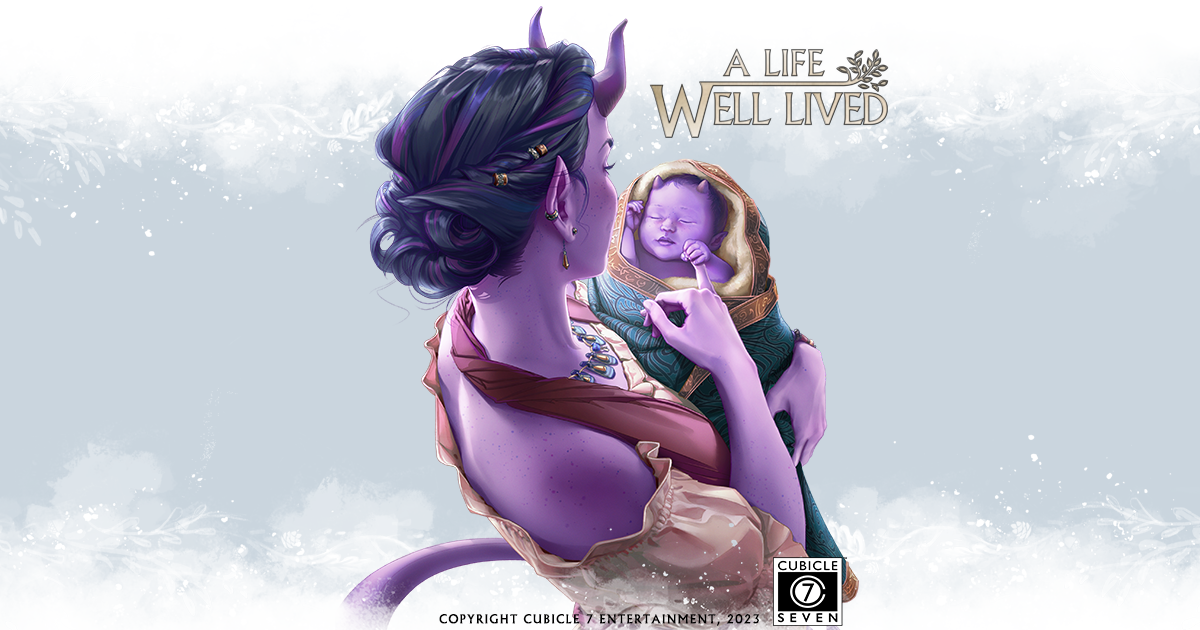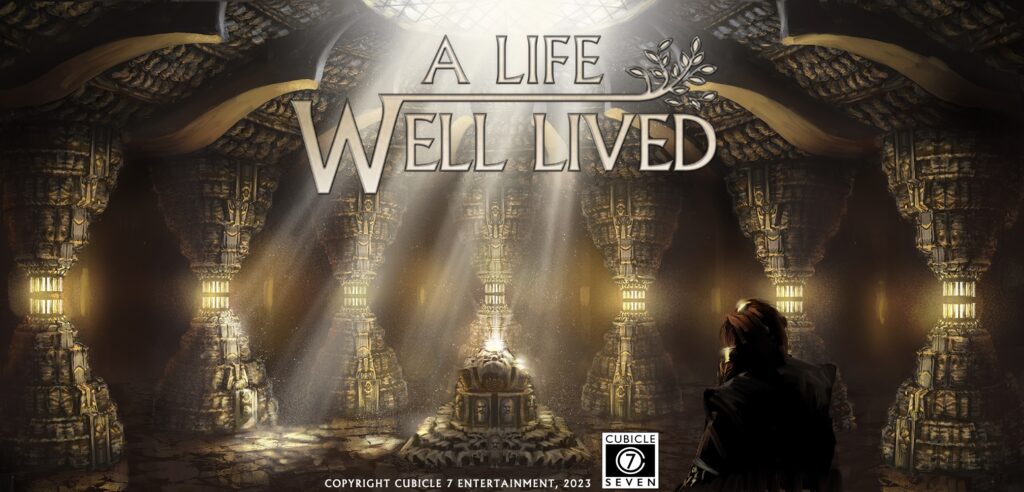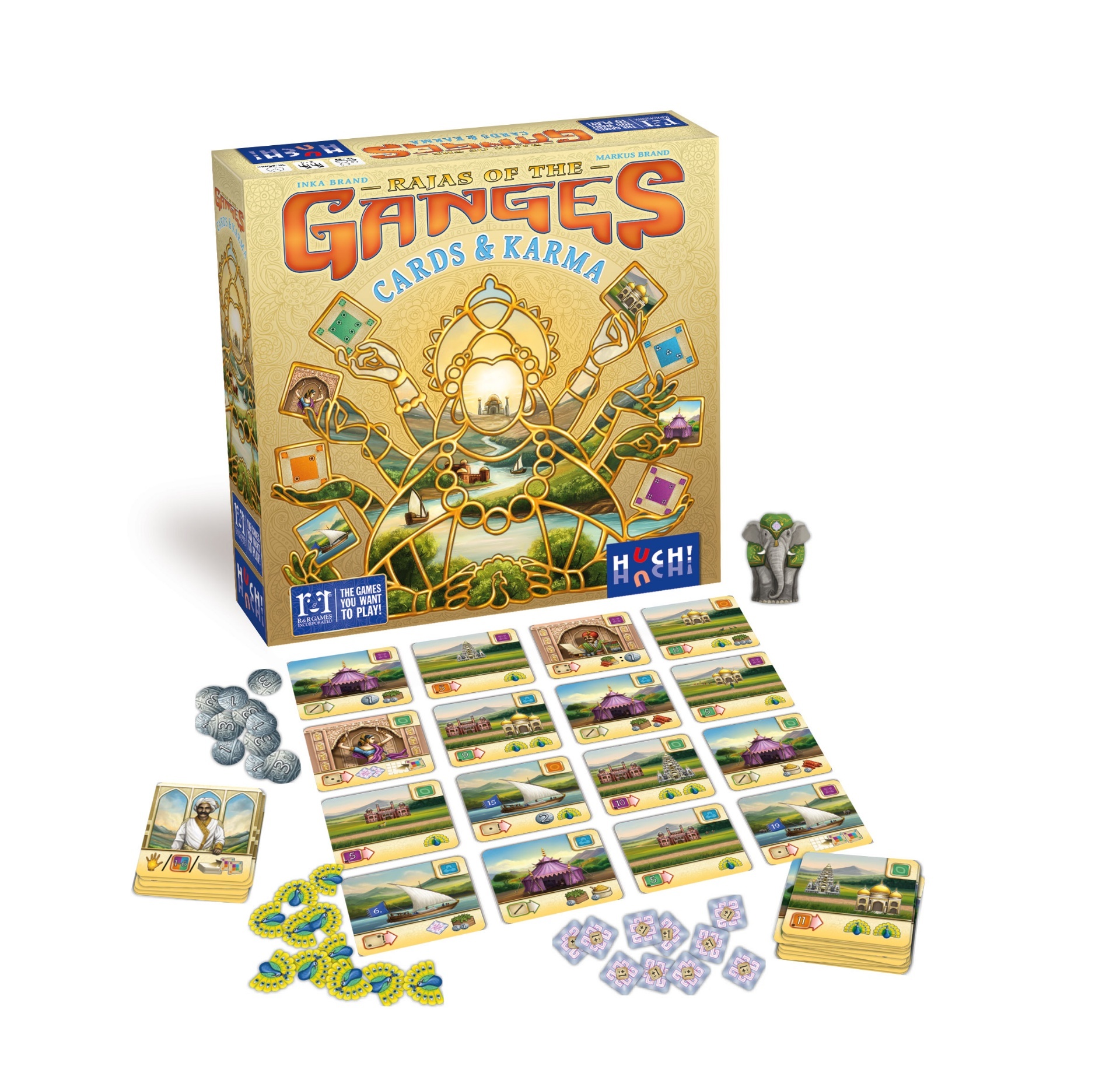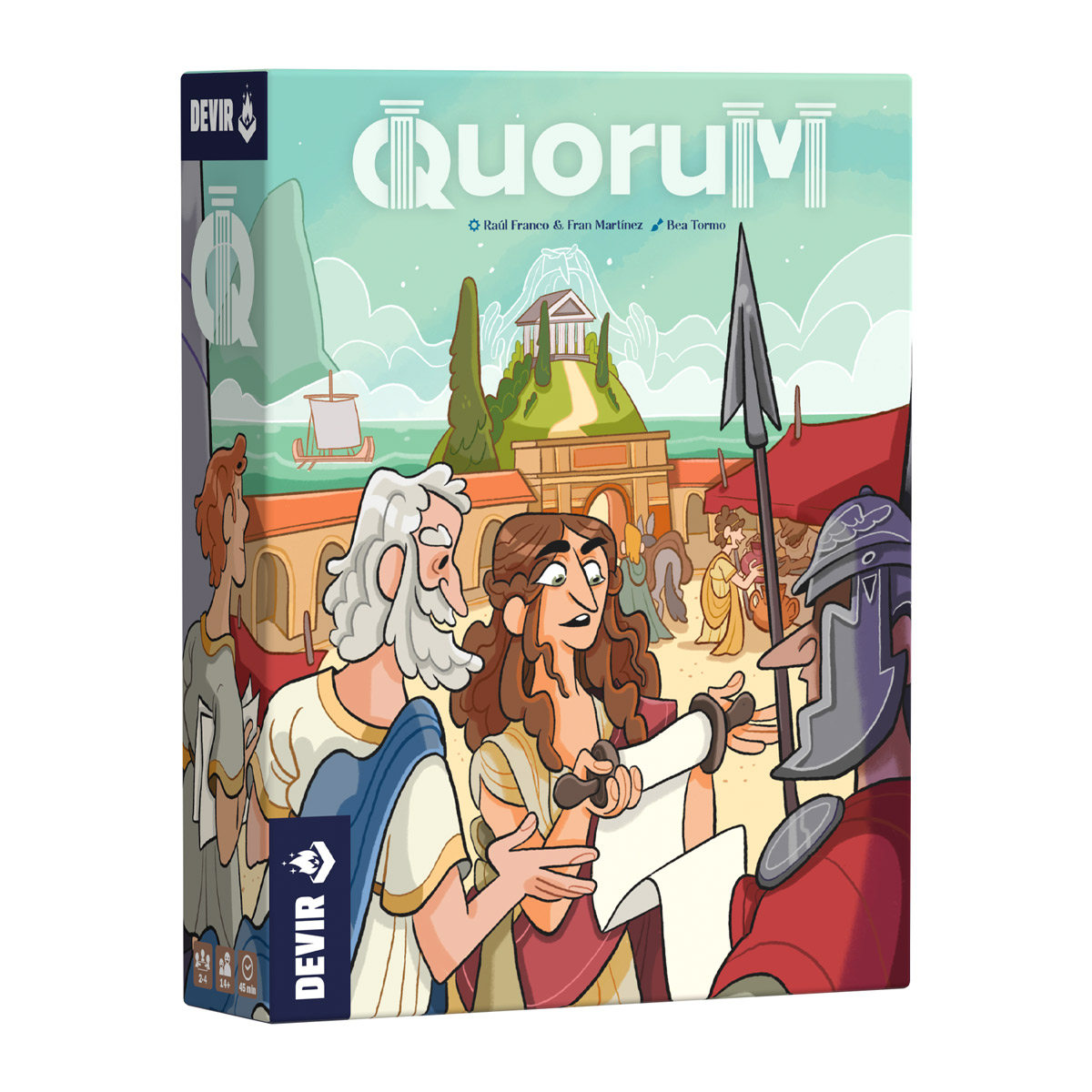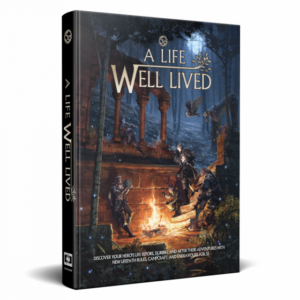 Every now and then a book comes out that completely changes the way you play D&D. The first one I remember was the original The Lost Caverns of Tsojcanth adventure which included an insert that had a lot of information on demons, including the introduction of famous demon princes like Graz’zt and Fraz-Urb’luu and gave us rules for summoning and binding demons the PCs could use. In 2nd Edition, it was the release of Planescape, which opened the Outer Planes to more adventures and gave us the amazing city and culture of Sigil. Third Edition gave us a unified mechanic around the d20 and 5th edition gave us Advantage/Disadvantage.
Every now and then a book comes out that completely changes the way you play D&D. The first one I remember was the original The Lost Caverns of Tsojcanth adventure which included an insert that had a lot of information on demons, including the introduction of famous demon princes like Graz’zt and Fraz-Urb’luu and gave us rules for summoning and binding demons the PCs could use. In 2nd Edition, it was the release of Planescape, which opened the Outer Planes to more adventures and gave us the amazing city and culture of Sigil. Third Edition gave us a unified mechanic around the d20 and 5th edition gave us Advantage/Disadvantage.
Cubicle 7’s A Life Well Lived is a book on the same level of these classic and beloved publications. If you’re into life-path character generation or character-focused campaigns, this book will raise your D&D to a whole new level.
The Lifepath Generation starts with your character’s origins (including fantasy versions of their astrological birth sign which gives your character a bonus to one stat), covers their early childhood and adolescence. It walks you through creating the family your character grew up with and where they are when your character begins their adventures. The place you grew up (with options ranging from the coast to an extraplanar zone) can also give you a stat bonus. An adolescent experience (like spying on a friend after having a falling out or having a beloved pet) gives you a skill proficiency. A life-lesson gives you three options very much like the character-creation options in some of the Elder Scrolls games. A neighbor’s house catches fire. Do you:
- Try to save as much as possible from the fire (+1 Strength).
- Console them and keep them out of harm’s way (+1 Wisdom).
- Work all night to douse the flames with them (+1 Constitution).
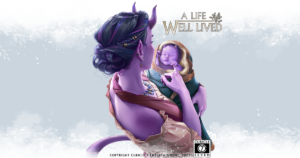 Other options range from the visit of a traveling apothecary to political upheaval. Then a pivotal moment (a grand festival, an arcane event, etc.) might grant you a past occupation, skills, or even a treasure map. A list of potential occupations grants you a tool proficiency, a skill proficiency, and your starting funds (modified by your choice of class). There’s a table of cool little quirks that can give your character an odd but useful little ability as well a hook to hang your character’s personality on. You round things out by choosing your class (that grants you your final stat bonus), a lie your character believes about themselves or the world (to create opportunities for drama and personal growth), and finally a d100 list you can roll on to create bonds to the other PCs.
Other options range from the visit of a traveling apothecary to political upheaval. Then a pivotal moment (a grand festival, an arcane event, etc.) might grant you a past occupation, skills, or even a treasure map. A list of potential occupations grants you a tool proficiency, a skill proficiency, and your starting funds (modified by your choice of class). There’s a table of cool little quirks that can give your character an odd but useful little ability as well a hook to hang your character’s personality on. You round things out by choosing your class (that grants you your final stat bonus), a lie your character believes about themselves or the world (to create opportunities for drama and personal growth), and finally a d100 list you can roll on to create bonds to the other PCs.
If you love building characters with depth and strong ties to the campaign, the tools here are an excellent way to get started. They not only help you think more about where you character came from and who they are, but also can be the seed of all sorts of conversations with your DM, either inviting them to share details of the setting with you, or laying the groundwork for cooperative setting creation.
But that’s only the first part of the book. There’s also a section on goals, both short and long-term, to give your character their own personal arc as well as ways to earn additional experience points while being true to your concept for your character. A section called Camp Craft gives your character the ability to brew potions, maintain their gear, and craft useful items during rests. And that’s completely separate from a chapter on down-time activities where you can adopt a pet ooze, do some arcane research (allowing you to modify one of your spells), butter-up the warlock’s patron, build a reputation, or construct defenses. There’s a section on making dark bargains that can give your PC powers like lycanthropy without necessarily reverting them to an NPC. Your PC can start a business, clean up the streets, or even go on an extended binge, likely resulting in a new ally, rival, or business partner. Your character can find love, raise a family, and pass on their skills to an apprentice.
If you want your character or group to really put down roots in a community, there’s a section on building a home-base, including a list of rooms that can aid you either on an adventure or during your down-time activities. Being a “local” ties you closer to the community through local events that can create trouble and drama or simply allow you to explore some of the local culture. The section on patrons is more in-depth than the one in Tasha’s Cauldron of Everything, including detailed discussions of a patron’s goals and the resources they can offer a party beyond a paycheck and adventures, as well as the hindrances and complications that might come with a patron. Finally, a section in retiring allows your PC to be a mentor to your next party, supplying help from the sidelines, or even options for getting the old band together.
In short, this 137 page book is chock-full of ways to flesh out new dimensions for your character. If you dream about your characters having a life beyond the dungeon, of being people whose lives are rich and full and tied to the world they live in, you need to pick up A Life Well Lived. Talk to the RPG experts at your local Dragon’s Lair Comics & Fantasy® today about getting your copy.
All Dragon’s Lair Comics & Fantasy® locations are independently owned and operated by local folks. Not all stores will carry all games but will be willing to attempt to special order any that they do not carry. (And they’ll carry most.)

